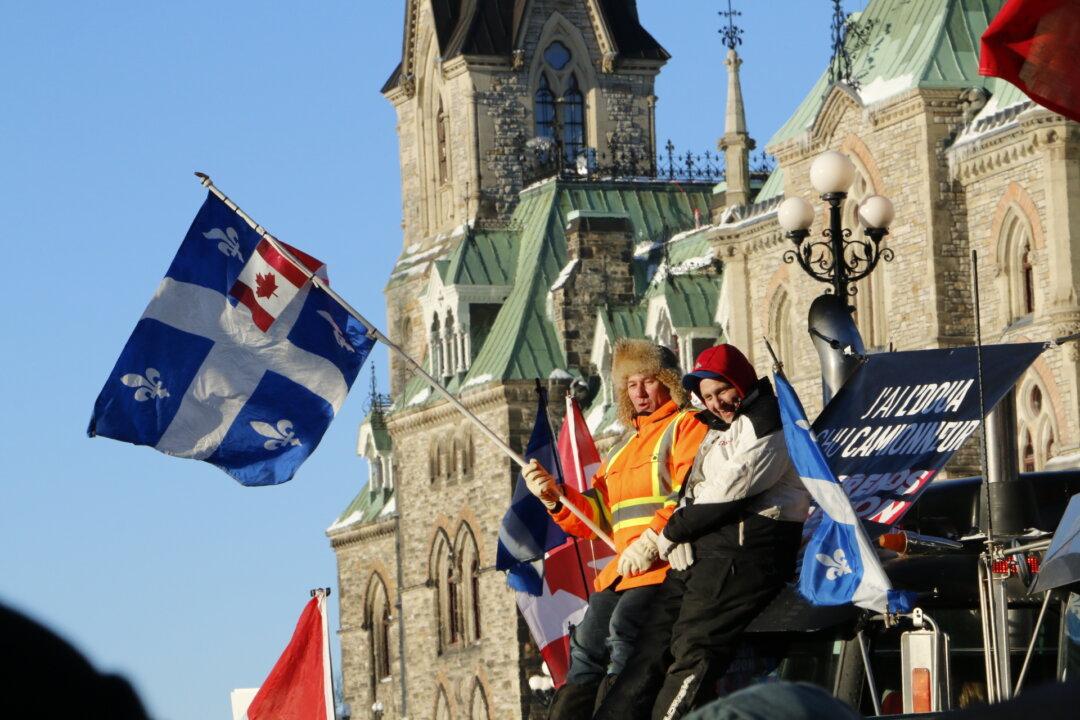Conservative MP Adam Chambers is criticizing the way the RCMP shared information with financial institutions to freeze the accounts of Freedom Convoy supporters during the invocation of the Emergencies Act in February.
Chambers filed an Inquiry of Ministry with the RCMP in June to find out the details about the operation, which was first reported on by Blacklock’s Reporter on Sept. 22. The Epoch Times has independently verified the information.





